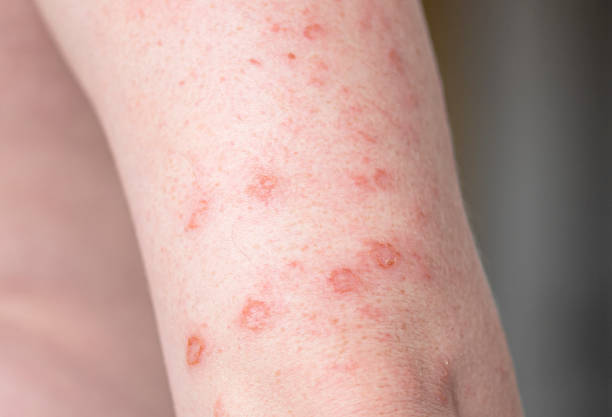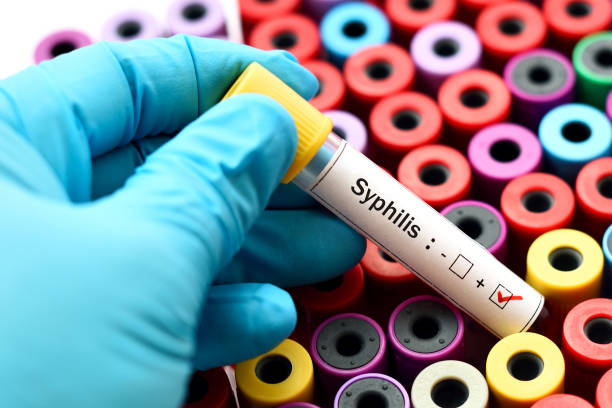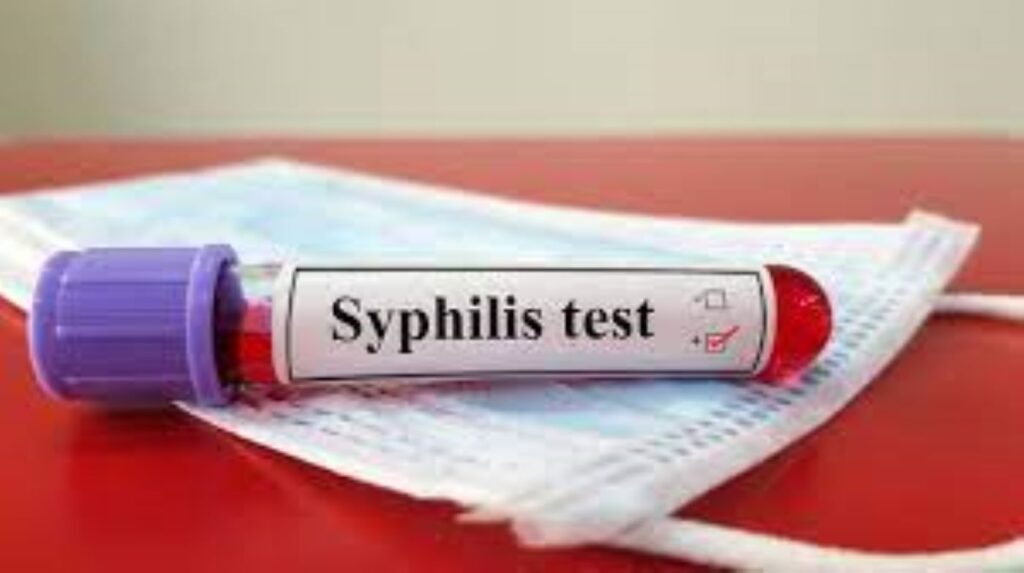Reproductive Health
Breaking the Stigma: Syphilis Without HIV

Understanding Syphilis and HIV
Distinct Infections with Different Pathogens
Syphilis and HIV are separate illnesses caused by different bacteria. Syphilis is caused by the bacteria Treponema pallidum, whereas HIV is caused by the human immunodeficiency virus. Both illnesses can be acquired through sexual contact, but they have distinct routes of transmission and impact the body in different ways.
Routes of Transmission and Risk Factors
Syphilis is primarily transmitted by sexual intercourse with an infected person, which can occur vaginally, anally, or orally. It can also pass from a pregnant woman to her fetus during pregnancy. Risk factors for syphilis include having unprotected intercourse with several partners, having sex with a syphilis-infected partner, and engaging in high-risk sexual conduct.
HIV is most commonly transferred through sexual contact, sharing needles or syringes with an infected person, or from mother to child during pregnancy, childbirth, or breastfeeding. HIV risk factors include having unprotected sex with an infected person, sharing needles or syringes with an infected person, and participating in risky sexual behavior.
It is possible to have syphilis without HIV because the two illnesses are not necessarily connected. However, having syphilis increases the risk of HIV transmission because syphilis-related sores and ulcers can serve as an entry point for the HIV virus. Syphilis and HIV can coexist since they are transmitted in the same way.
Overall, it is critical to practice safe sex and get tested for sexually transmitted infections, such as syphilis and HIV. Early detection and treatment can help to stop the spread of these diseases and lower the risk of consequences.

Symptoms and Stages of Syphilis
Treponema pallidum bacteria causes syphilis, a sexually transmitted ailment. It can be contracted by having vaginal, anal, or oral sex with an infected person. Syphilis can arise in the absence or presence of HIV.
Primary Stage Symptoms
The first stage of syphilis starts with the formation of a tiny, painless sore known as a chancre. The chancre is commonly found on the genitals, anus, or mouth and may go unrecognized. The sore will heal on its own in a few weeks, but the infection will continue to spread if not treated.
Secondary Stage Symptoms
After the chancre has healed, the secondary stage of syphilis begins. This stage is distinguished by a skin rash that might emerge on the palms of the hands or soles of the feet. The rash might be accompanied by fever, swollen lymph nodes, a sore throat, and exhaustion. These symptoms may appear and disappear over a period of several weeks or months.
Latent and Tertiary Stages
If left untreated, syphilis progresses to the latent stage, which can continue for years. During this stage, there are no obvious symptoms, but the illness can still spread to others. Syphilis can cause major health problems in the tertiary stage, which can develop years or even decades after the initial infection. This includes damage to the brain, nerves, eyes, heart, blood vessels, liver, bones, and joints.
To summarize, syphilis can develop without HIV and progress through multiple stages if left untreated. It is critical to get tested on a regular basis for sexually transmitted infections, such as syphilis, and to seek treatment if an infection is discovered.

Diagnosis and Treatment
Syphilis Screening and Testing
Treponema pallidum bacteria causes syphilis, a sexually transmitted infection (STI). It can be transmitted via vaginal, anal, or oral intercourse. Syphilis can arise in the absence of HIV, therefore if you are sexually active, you should be checked and tested for syphilis.
Syphilis can be diagnosed with a physical examination and blood tests. Syphilis can be difficult to identify in its early stages since the symptoms are usually minor or absent. If you are sexually active, you should get checked on a regular basis.
Treatment Options and Antibiotics
Antibiotics can treat syphilis, with penicillin being the preferred treatment at all stages. Penicillin is an antibiotic that can eliminate the germs that cause syphilis. If you are allergic to penicillin, your doctor may recommend another antibiotic.
The therapy for syphilis is dependent on the stage of the illness. In the early stages, a single dose of penicillin is generally adequate. In the later stages, several injections may be required.
Even if your symptoms improve, you should finish the entire course of antibiotics given by your doctor. This ensures that the infection is totally treated and will not return.
Finally, syphilis can arise in the absence of HIV, so if you are sexually active, you should be screened and tested for syphilis. Antibiotics can treat syphilis, with penicillin being the preferred treatment at all stages. It is critical to finish the entire course of antibiotics prescribed by your healthcare professional to ensure that the infection is properly treated.

Prevention and Sexual Health
Safe Sexual Practices
Practice safe sex to prevent the spread of sexually transmitted illnesses (STIs) like syphilis. One of the most effective strategies to prevent STIs is to use condoms while sexually active. Condoms operate as a barrier, preventing the interchange of bodily fluids and dramatically lowering the chance of STI transmission.
It is crucial to understand that, while condoms are efficient at preventing the spread of STIs, they are not perfect. As a result, it is encouraged to use condoms in conjunction with other safe sex practices, such as limiting the number of sexual partners and maintaining mutual monogamy.
Regular Health Check-Ups and STI Screenings
Getting frequent health check-ups and STI screenings is another important part of sustaining sexual health. Regular screenings can help diagnose STIs early on, reducing the risk of health complications associated with untreated STIs.
Individuals who engage in sexual activity should be tested for STIs at least once a year, and more frequently if they have several sexual partners. Furthermore, people who participate in high-risk sexual behavior, such as unprotected sex or sex with several partners, should be tested more frequently.
It is crucial to highlight that while pre-exposure prophylaxis (PrEP) can help prevent HIV transmission, it does not protect against other STIs including syphilis. Even if you are on PrEP, it is still crucial to practice safe sex and receive frequent STI exams.
Conclusion
To summarize, while syphilis and HIV have some parallels in transmission and risk factors, it is critical to emphasize that they are independent illnesses with separate modes of transmission and health consequences. Syphilis can occur without HIV, and people should not assume that a syphilis diagnosis means an HIV infection. However, because the presence of one sexually transmitted virus increases the risk of contracting another, it is critical to emphasize frequent testing, open communication with healthcare practitioners, and safe sexual activities in order to protect one’s sexual health and well-being.
Trusted Health, Wellness, and Medical advice for your well-being


